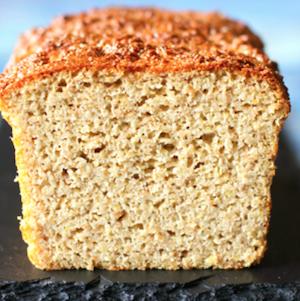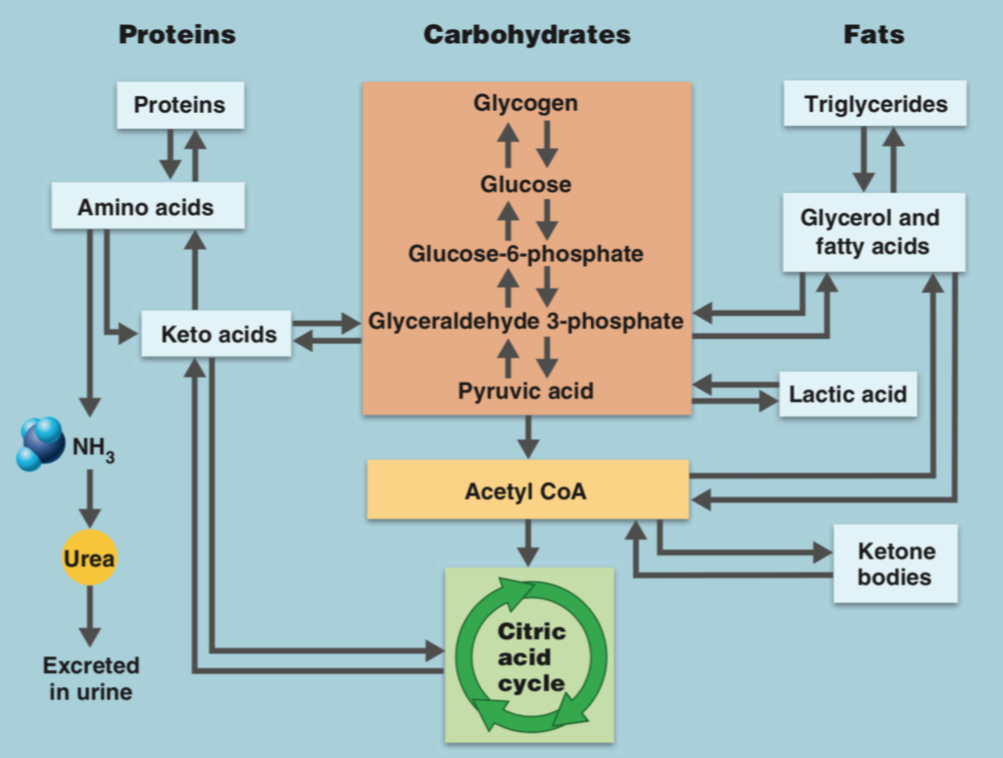It's amazing what sort of nonsense shows up in your inbox every day. I always wonder who falls for this stuff, but it must be a substantial number of people. Otherwise, spammers wouldn't spam.
The latest to creep across my desk is an advertisement from Kelley Herring of the Healing Gourmet for Keto Breads, which she calls "the world's healthiest bread." What's wrong with all the other bread? She says it causes inflammation, leaky gut syndrome, and autoimmune disease. The first claim is dubious, the second isn't a real medical diagnosis, and the third is risible. Not a good start.

Of course, to learn how to make this magical, life-saving bread that will help you avoid these illnesses, you need to buy her book. Hard pass.
The Truth About Metabolism and Diet
Reality is much more boring. There is no magical diet. There is no magical ingredient. The human body has a tremendous ability to adapt to a wide variety of diets. Think of all the different cuisines in the world, from the sausage and sauerkraut diet of Eastern Europeans to the fish and rice diet of Southeast Asians. This demonstrates definitively that people can be healthy eating many different foods.
The reason is because there are only about 45-50 essential nutrients, molecules (like tryptophan or vitamin C) that we must obtain from our diets. Our body, particularly the liver, can make everything else.
If you eat a low-carbohydrate diet, your body still needs carbs. So, the liver will make them in a process called gluconeogenesis (literally "the creation of new glucose"). Our brains would starve and die without sugar, which is why our body maintains a particular blood glucose level at all times. Likewise, a diet low in fat will trigger your body to make it (lipogenesis) because lipids are the preferred fuel source for heart muscle, resting skeletal muscle, and the liver. Besides, our cell membranes contain fats, so they serve a structural purpose as well.
The figure below, which was obtained from Human Anatomy & Physiology (10th edition by Marieb and Hoehn), shows how all the major macronutrients (carbohydrates, proteins, and lipids) can be interconverted.
Fad Diets
The claims made by Kelley Herring and keto diet proponents in general don't stand up to scrutiny. Sure, restricting carbohydrate intake will cause your body to burn fat. But that doesn't mean you'll lose weight. Regardless of the types of food you eat, the only way to lose weight is to burn more calories than you consume. If you don't, you'll gain weight. The First Law of Thermodynamics applies just as much to you as it does to combustion engines.
One more thing about the keto diet: It's not necessarily safe. Our body cells really like carbs, and perhaps half the calories in our diet should come from them. If you choose to eat a high-fat, low-calorie diet, your body will produce compounds known as ketone bodies as it burns fat. This can trigger metabolic acidosis, which is definitely something you want to avoid.
Fad diets exist because people don't understand basic nutrition. For certain, it's not simple. To fully comprehend nutrition, a person needs to understand biochemistry and human physiology. Most people don't have that knowledge, which is why they can be easily manipulated by hucksters with a book to sell.





